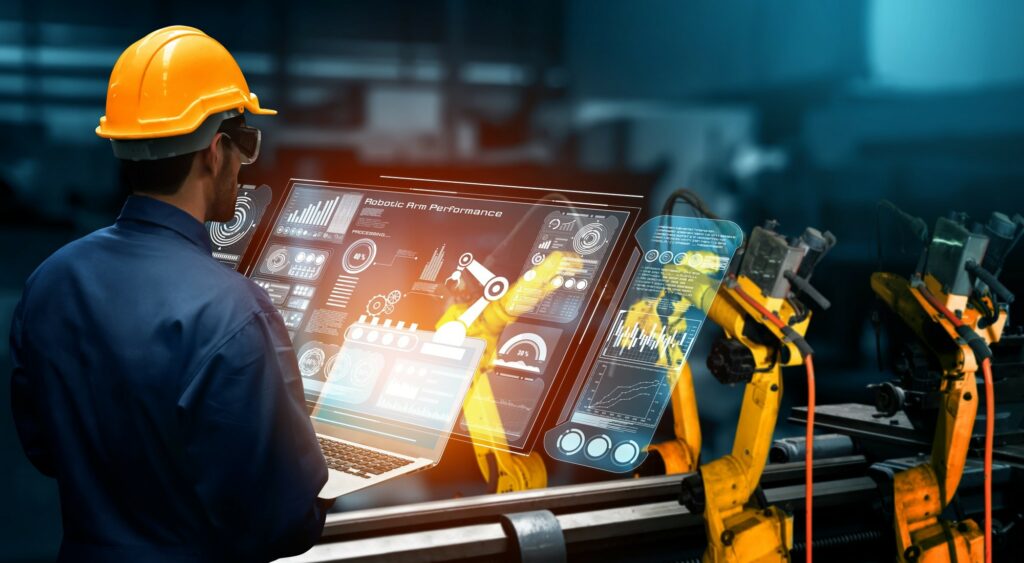One of the biggest leaps that humankind could take to drastically lower greenhouse gas emissions globally would be the complete decarbonization of industry. But without finding low-cost, environmentally friendly substitutes for industrial materials, the traditional production of steel, cement, ammonia, and ethylene will continue pumping out billions of tons of carbon annually; these sectors alone are responsible for at least one third of society’s global greenhouse gas emissions. A major problem is that industrial manufacturers, whose success depends on reliable, cost-efficient, and large-scale production methods, are too heavily invested in processes that have historically been powered by fossil fuels to quickly switch to new alternatives. It’s a machine that kicked on more than 100 years ago, and which MIT electrochemical engineer Yet-Ming Chiang says we can’t shut off without major disruptions to the world’s massive supply chain of these materials. What’s needed, Chiang says, is a broader, collaborative clean energy effort that takes “targeted fundamental research, all the way through to pilot demonstrations that greatly lowers the risk for adoption of new technology by industry.” This would be a new approach to decarbonization of industrial materials production that relies on largely unexplored but cleaner electrochemical processes. New production methods could be optimized and integrated into the industrial machine to make it run on low-cost, renewable electricity in place of fossil fuels.
AMI Awarded $2M Grant from Florida Department of Commerce to Deploy Smart Manufacturing Lab
TALLAHASSEE, FL – Advanced Manufacturing International (AMI) has been awarded a $2M grant

